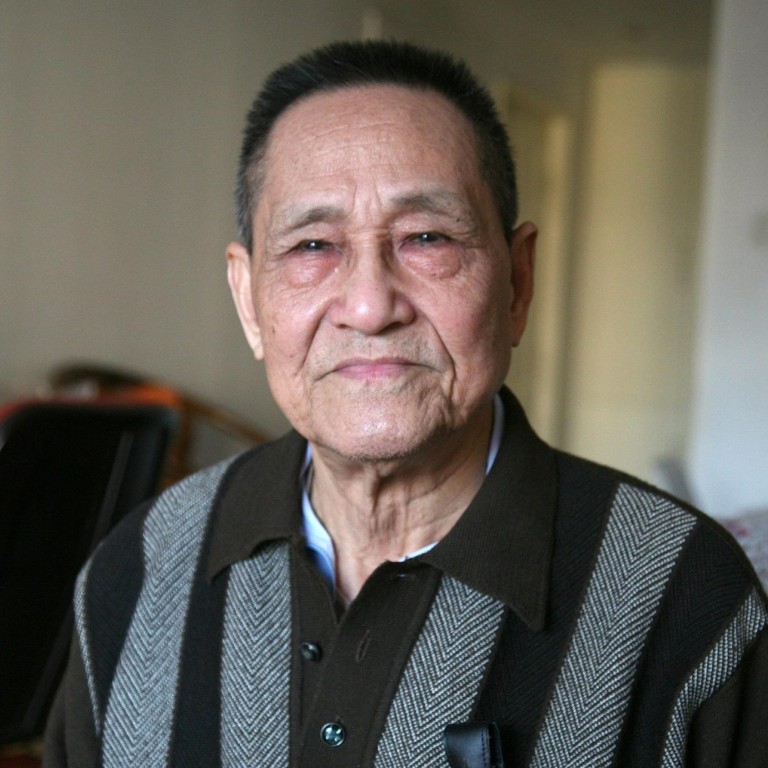
Beijing's white paper 'breaches 1984 pact with Britain'
Contentious white paper effectively invalidates a Sino-British declaration that laid out terms for Hong Kong's handover: ex-Zhao Ziyang aide
The central government's white paper on "one country, two systems" is in serious breach of the Sino-British Joint Declaration and is tantamount to degrading Hong Kong to the status of a local government under Beijing's rule, a former top aide of reformist leader Zhao Ziyang says.
Bao Tong was the most trusted aide to Zhao, who signed the Joint Declaration in 1984 in his capacity as China's premier.
Bao's criticism was the strongest yet issued against the white paper, released last Tuesday, outlining Beijing's "comprehensive jurisdiction" over Hong Kong.
Through the Joint Declaration, "Beijing was announcing to the whole world that apart from foreign affairs and defence [in Hong Kong] Hongkongers will manage themselves in everything else - this is [what is meant by] 'Hongkongers ruling Hong Kong'," Bao told Hong Kong's Cable TV in Beijing yesterday.
"If there was a second meaning, it should have been written in the Joint Declaration."
The document, signed by China and Britain on December 19, 1984, set out the terms of Hong Kong's return to Chinese sovereignty on July 1, 1997.
Bao challenged the white paper's claim that the city derived its powers solely from the central leadership's authorisation. "Can this still be called 'one country, two systems'?" he asked.
"The powers of Jiangsu and Shanghai also come from the central government … and that is 'one country, one system'.
"[The white paper] is effectively saying 'one country, two systems' is merely a joke … and abolishes the Joint Declaration."
Bao also elaborated on his views in an article published on the Chinese website of German broadcaster Deutsche Welle.
A government spokesman said Bao had misunderstood the Basic Law. The high degree of autonomy granted to Hong Kong gave it a much wider scope of power than any mainland region.
Basic Law Committee member Maria Tam Wai-chu defended the white paper, instead accusing past administrations of not doing enough to promote the Basic Law, which she said could be why Hongkongers had only a vague understanding of the "one country, two systems" policy.
Meanwhile, it emerged that high-powered talks with Beijing and local officials to discuss the white paper could be delayed until Occupy Central, which threatens to block Central roads to push for democracy, ended its "referendum" on June 22.
It was understood that Zhou Bo, deputy director of the State Council's Hong Kong and Macau Affairs Office, and Basic Law Committee deputy director Zhang Rongshun were to visit Hong Kong on Thursday to attend at least two seminars to explain the white paper to senior government officials, civil servants, lawmakers, professionals and business representatives.
But the paper drew fierce criticism from pan-democrats, and it now appeared the trip could be delayed, a source close to the matter told the . If that were true, Chinese University political scientist Ivan Choy Chi-keung said, it could be related to protesters' storming of the Legislative Council building on Friday to oppose new-town development.

